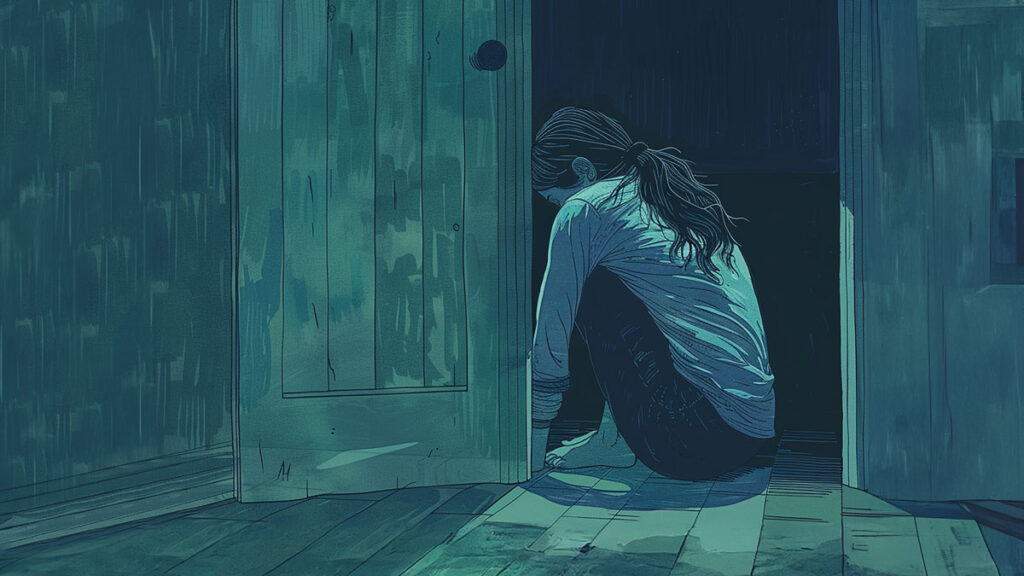It was Friday night and I was thrilled. Our hectic week was finally finished and we had nothing on. Absolutely nothing.
I had it all planned. Vegetarian hotdogs, the ultimate easy Friday night meal.
Just my wife and me—a quiet night at home together, just the two of us.
So how did we end up eating cold hotdogs when the police finally left? As they say, the best laid plans . . .
Our neighbours were having a domestic. Right next door to our apartment. For the second night in a row, and it sounded like it was escalating to violence. So we called the police.
A few days later it happened again—this time in the apartment building next door, outside our bedroom window as we tried to sleep. She sat on the floor and cried and he called her all manner of names (which I won’t repeat here). We saw them scuffle, pushing each other as they argued. The shouting continued for a while but the situation seemed to defuse.
That brings the total to three couples in three different apartment buildings on our street this year who we’ve witnessed engaging in domestic violence.
It brought home to us the reality that our own “safe, friendly” community is struggling with darkness and is in need of the hope we have.
Here is the question I must ask myself. What am I doing to heal and reach my own community? Who is my neighbour? And do I care about them?
Truthfully, we’ve made good connections in our neighbourhood . . . just not with the couple next door, who always fight.
If we don’t step out of our comfort zones to bring healing and the gospel message to the world and our neighbours, then we are complicit.
So what does that look like?
Well, Jesus moved around in local communities and He healed those He met.
Maybe domestic violence is the new paralysis. Marriage breakdown or crippling debt the new leprosy. Alcohol and substance abuse the new possession. And spiritual blindness abounds. [pullquote]
Jesus can heal and cure the issues that are plaguing our communities. If I did not know Jesus I could almost guarantee I’d be trapped by one or many of those curses.
We believe the message of the three angels must “go to all the world”. But will the world hear the message if they are broken and in need of healing?
And this is where the problem of how we “do church” instead of “being church” comes in. The church is no longer a hub of society. It’s a place you have to go out of your way to get to, and most people won’t.
We must be the church where we are: reaching out, building relationships, providing support and counsel to other couples and families (there are lots of young families in my area); to let them know they are not alone. My wife and I are not perfect, but we know the Perfect One, the One who created marriage and us.
But how many suburbs do I drive through before I get to my church? How many Adventist churches do I pass?
This is the great dilemma. Our communities need us and we drive six suburbs beyond our own and ignore our neighbour. The reality is, our churches are not always connected to the communities that surround them. We don’t have a grasp on the problems and needs around us. More than that, I would say, we don’t love our communities or those who live in them. Particularly in cities, we attend commuter churches—we commute in and then away after the service—we don’t live and eat and minister among the people. We don’t love them.
My dream for the Church is to see that change, but at this stage I’m still part of the problem. I belong to an active Church and am committed to its mission. It is that vision, however, that feeds my dream that one day the Church will meet in our home, and the homes around us, as we meet the needs of the community and invest in and love our neighbours.
So do we take the words of Jesus seriously? Do we “love our neighbour as ourselves”?






